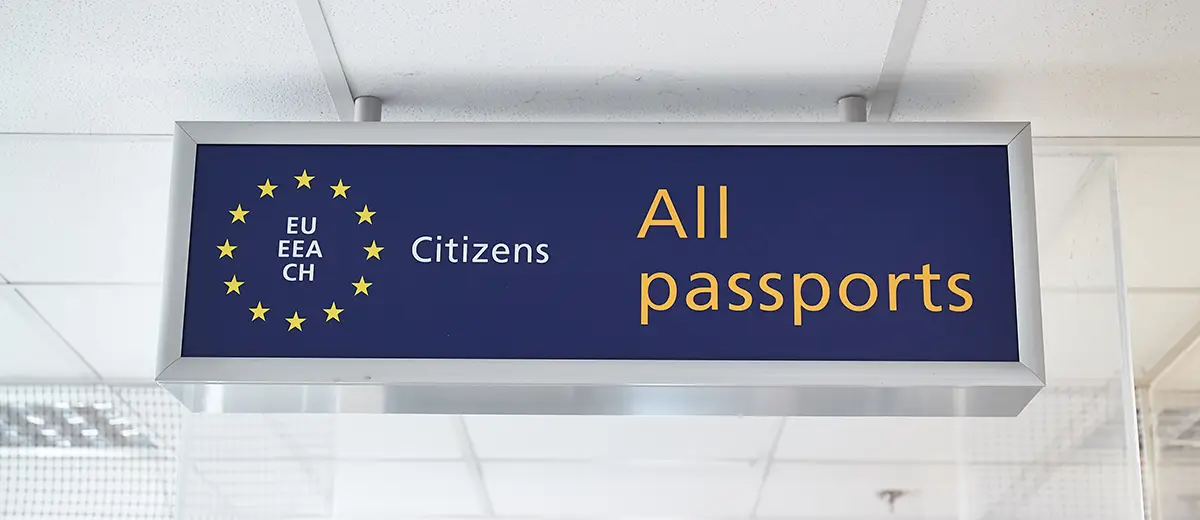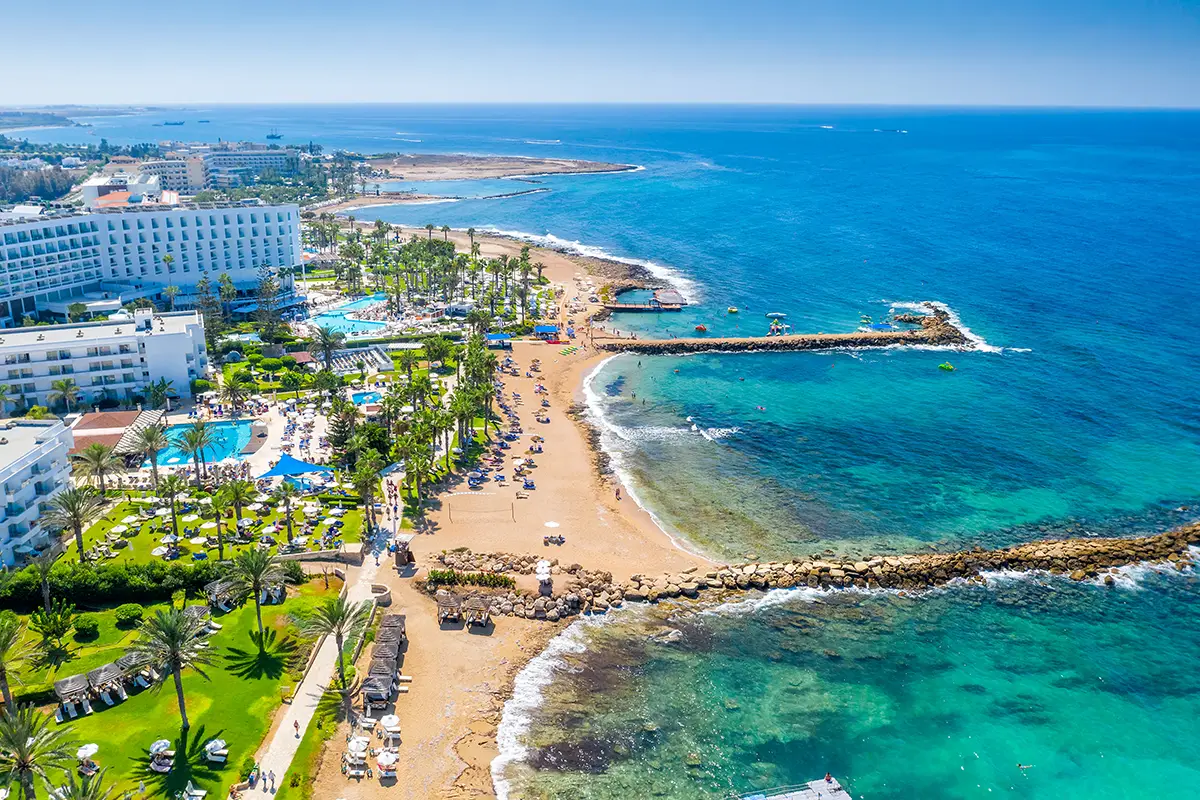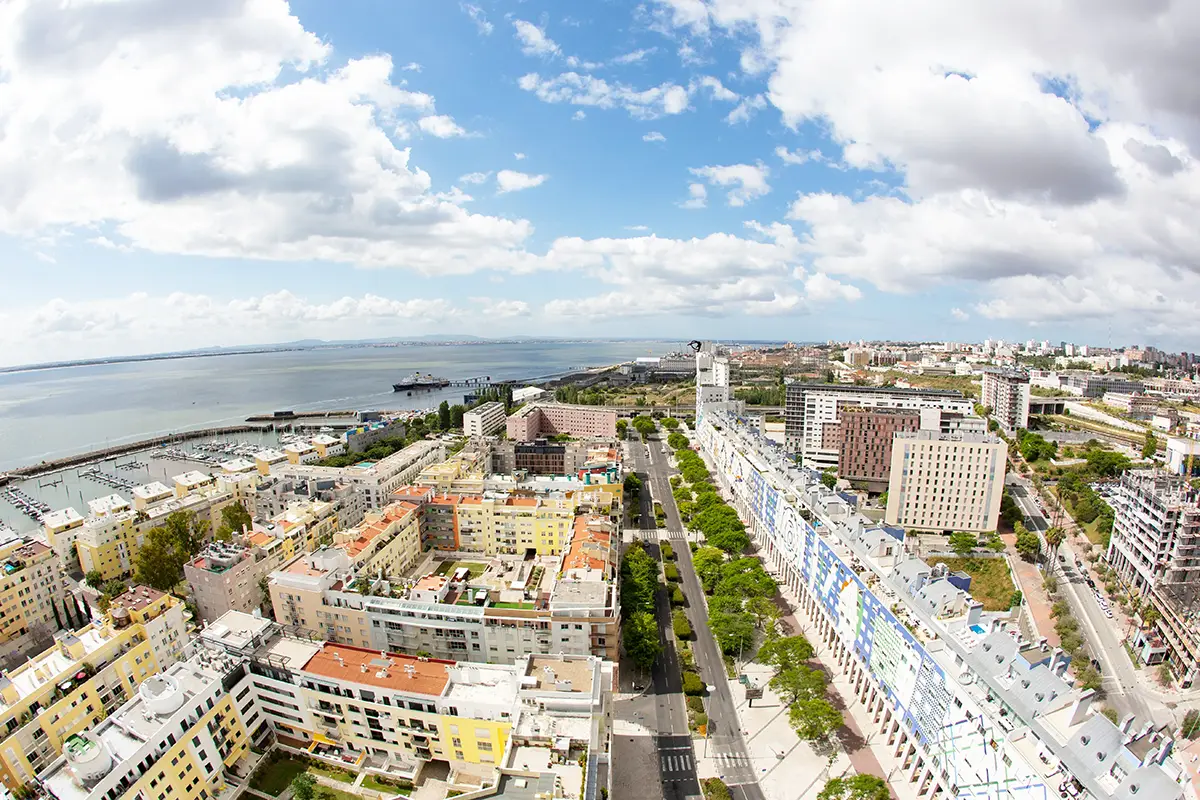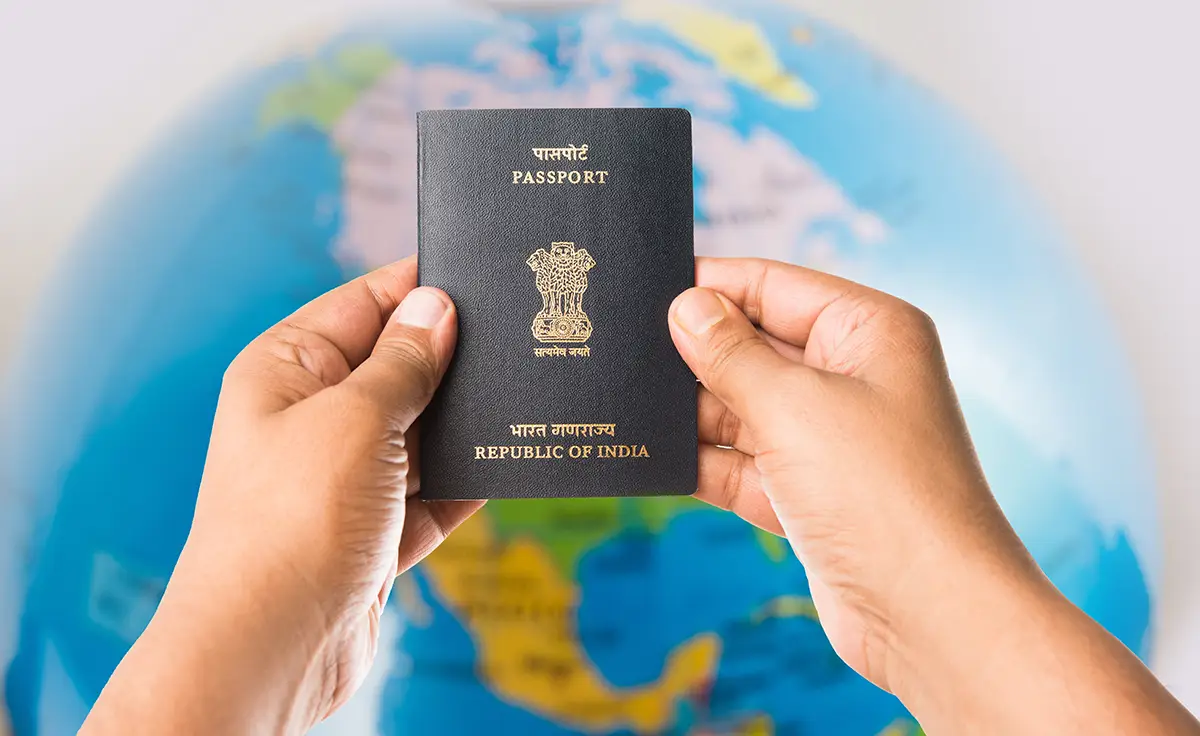October 12th Update: EES Begins Operations
- The European Union’s Entry/Exit System (EES) officially launched on October 12th, 2025.
- This new digital border control system replaces manual passport stamping for non-EU travelers entering or exiting Schengen countries.
- Travelers’ biometric and travel data will now be automatically recorded at airports, seaports, and land crossings, marking the first phase of the EU’s Smart Borders rollout.
- While some delays are expected during the transition, the system aims to enhance security, track overstays, and streamline travel procedures across all participating Schengen states.
What are the EU Smart Borders?
- The EU Smart Borders are two recent EU policies, which have been drafted as far back as 2017 and 2018, but not yet implemented due to various delays.
- They are the Entry/Exit System (EES) and the European Travel Information and Authorization System (ETIAS).
- The new measures are a result of the growth of the Schengen Zone, and an increasing need for internal security and migration control, especially as the EU continues to receive millions of travelers every year.
- The Smart Borders policies will only be applied to the Schengen Zone, and this includes not only most EU countries (except Ireland and Cyprus) but also Norway, Switzerland, Lichtenstein, and Iceland.
What is the Entry/Exit System?
- As part of the Smart Borders initiative, the upcoming EES will automatically register travelers from non-EU countries whenever they enter or exit any of the Schengen states, including most EU countries.
- The automatic registration will apply to tourists or investors exempt from obtaining a Schengen visa, e.g.: US citizens, or who require a visa to enter the EU in the first place, e.g.: Indian nationals.
- This Smart Borders policy will be an automated IT system and record the traveler’s information, such as biometric data, dates and places of entry and exit, and any refusals of entry.
- Once implemented, it will be a reliable source of information on border crossings, prevent identity fraud scams, and control migration movements.
- Manual stamps will no longer be issued.
What is the European Travel Information Authorization System?
- Mirroring other initiatives already put into place by other countries, like the United States’ Electronic System for Travel Authorization (ESTA), or the United Kingdom's eTA (Electronic Travel Authorisation), the EU plans to introduce the European Travel Information Authorization System (ETIAS).
- It's a document that authorizes non-EU travelers to travel into any of the Schengen states.
- Like the EES, this Smart Borders policy includes all nationals exempt from a Schengen visa and short-stay visa holders.
- Completing the required forms and registering for the ETIAS will be a fully online process and will cost a symbolic amount of €7.
- Once in hand, the ETIAS will be valid for 3 years, or until the applicant’s passport expires, whichever comes first.
- However, having the ETIAS document will not necessarily guarantee entry into the Schengen states, since each country has the right to refuse entry.
Read more:
Schengen Visa Types: Which One Do You Need?
What Does This Mean For Non-EU Travelers?
- As the EU prepares to tighten border and migration movement control, travelers from non-EU countries can expect a bit more bureaucracy when it comes to entering the Schengen Zone.
While the EU is trying to paint the Smart Borders policies in a positive light, claiming the new measures will facilitate the process of entering the Schengen Zone, the reality might prove different. - For one, the implementation has already been delayed numerous times, which is never a good sign.
- Drafted back in 2017 and 2018, the Smart Borders kept on being delayed successively, including twice in 2023, to install proper equipment and give not only airports sufficient time to prepare for the changes, but also other land and maritime border crossing posts.
- Technical complications aside, the real issue might translate into considerably longer waiting times at border control.
- Regardless of the intent behind entering the EU, whether for a well-deserved vacation or to strike a solid business deal, the Smart Borders might just ruin the purpose altogether.
What Can You Do to Avoid Smart Borders?
It's important to note the Schengen Zone’s Smart Borders will not be an issue for legal residents and EU citizens.
This is the answer to the question.
If you become a resident in a Schengen state, you won't ever have to worry about Smart Borders again.
However, the Schengen Visa 90/180 rule still applies.





























































































































